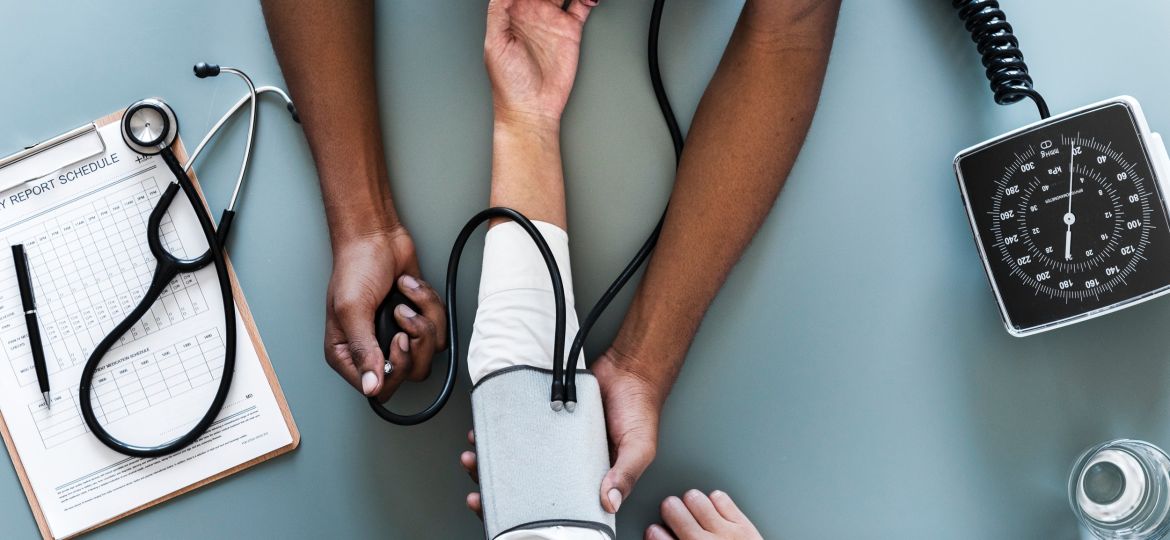
TRENTON – Recognizing the vital role advanced practice nurses (APNs) have played and continue to play in New Jersey’s comprehensive system of health care, the Senate Health, Human Services and Senior Citizens Committee yesterday moved to bolster that role, passing legislation sponsored by Sen. Joe Vitale and Sen. Troy Singleton that would eliminate certain practice restrictions for APNs, namely those which limit their ability to prescribe medications and limit the ability of APN anesthetists to administer anesthesia.
The bill provides that, an APN with more than 24 months or 2,400 hours of licensed, active, advanced nursing practice would be authorized to practice without a joint protocol, and be given “full practice authority” – allowing them to practice to the full extent of their license and training.
“APNs are a critical part of the health care team. Reinstating restrictions on their ability to serve New Jerseyans to the full extent of their license would be a huge detriment to the state and to patients,” said Senator Vitale (D-Middlesex), Chair of the Health Committee. “Given the experience we just went through globally and the position we find ourselves in now with a stressed healthcare workforce, a labor shortage, and children and families in desperate need of mental health and primary care services, our main focus must be on building capacity. Hindering the ability of a key team member to practice to the full extent of their training does not help that cause.”
The Joint Protocol for Advanced Practice Nurses is a statutory condition that applies to the ordering of medications and devices and the authorization of qualifying patients for medical use of cannabis. For APN Anesthetists, the joint protocol also requires supervision of an anesthesiologist (or, in some cases, a physician) for the APN Anesthetists to administer anesthesia.
Since April 2020, these joint protocol restrictions on prescribing and administering anesthesia have been waived and they remain waived to this day. The point of the legislation is to keep the current status in place, and to continue to let APNs do the work they have been trained to do.
“Advanced practice nurses augment the system of care in New Jersey and nationwide by providing treatment services at a level that can relieve some of the growing demand on physicians, of whom there is a chronic shortage, and expedite access to care for patients, including those in medically underserved areas and among medically underserved populations where those very services are so critically needed,” said Senator Singleton (D-Burlington).
Decades of evidence and the experiences of other states support the move to full practice authority for APNs. Twenty-six states, the District of Columbia and two territories have given APNs full practice authority. These include New York, Massachusetts, Connecticut, Washington, Maryland, Delaware, and Oregon. During the pandemic, several states, including New Jersey, recognized full practice authority for APNs. At least two of those states – Massachusetts and New York – have made the change permanent.
New Jersey is currently experiencing a shortage of primary and mental health care providers. Of the 11,867 APNs in New Jersey, 84 percent practice in primary care and another 7 percent provide psychiatric mental health care. Acute care APNs and APNs-anesthesia aided in the care of severely ill COVID-19 patients during the pandemic.
Ultimately, the bill would update our laws and regulations to align them with how the State has been operating for the past two and a half years.
“We cannot go backwards. We cannot afford to lose competent, well-trained, willing providers, many of whom have been practicing without this restriction for the past 2 and a half years,” added Senator Vitale. “This legislation will help us retain many of those providers in-state to continue serving the people of New Jersey.”
The bill, S-1522, passed the Health and Human Services Committee by a vote of 7-0.

